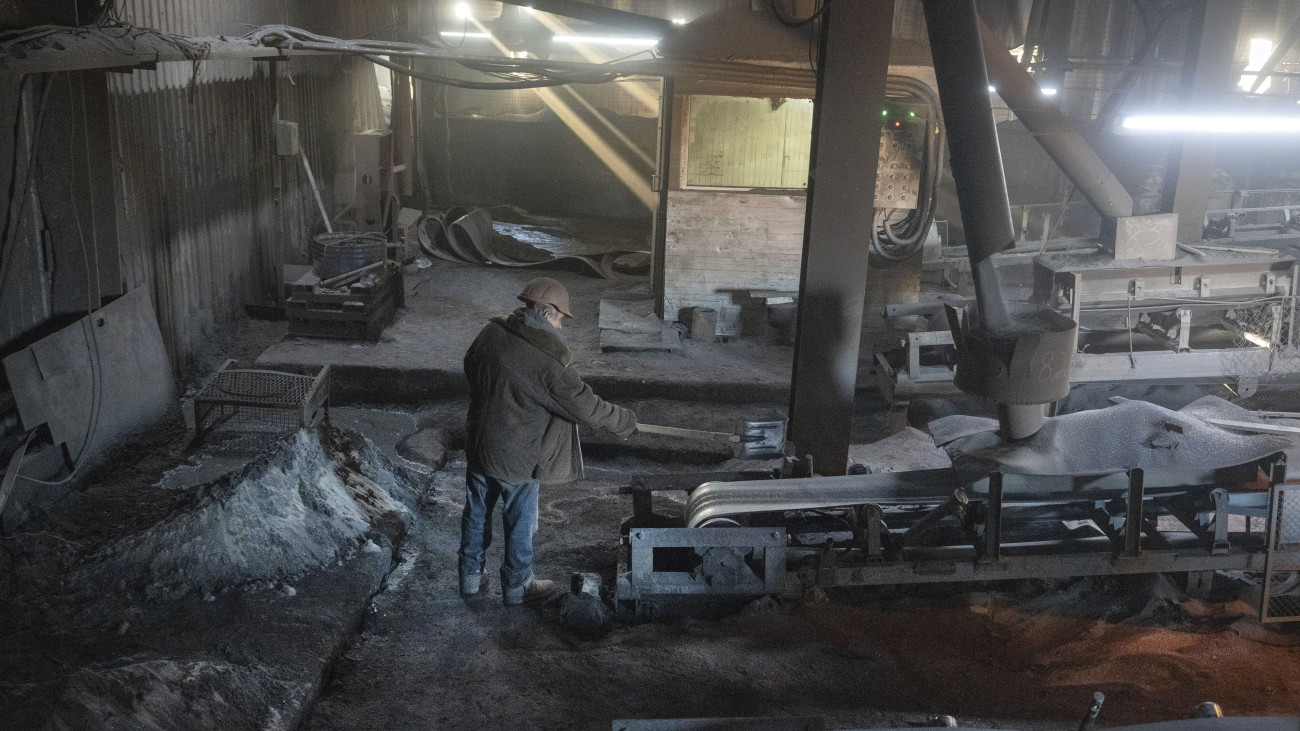Scientists working on ultraviolet imaging claim to have found an ancient copy of a chapter from the Bible. The writing in question was “hidden” under other script for more than 1,500 years.
Grigorij Kessel, historian of the Austrian Academy of Sciences, announced the discovery at the beginning of the year New Testament StudiesIn his article published in (a peer-reviewed scientific journal published by Cambridge University Press), he writes inside.
According to Kessel, he observed the text below the three layers of palimpsest text using ultraviolet photography. (A palimpsest is an ancient type of scroll that people wrote on top of other words, but traces of original writing can often be found on it.)
Unread copy
In ancient times, palimpsests were used to replace parchment, as the latter was often in short supply. The words were written repeatedly on the material until the layers covered the words written underneath.
The text is an expanded, never-before-seen version of the twelfth chapter of Matthew,
which were originally part of Syriac translations of the Bible some 1,500 years ago – Kessel himself published this in a press release. The text was found in a manuscript kept in the Vatican Library.
The manuscript provides a “unique gateway” for researchers to understand the early stages of the development of biblical texts
– It can be read in the advertisement which also mentions that the text shows differences from recent translations.
The original Greek version of Matthew 12:1—the passage most commonly used today—states: “At that time, on a Sabbath day, Jesus was walking through the fields of grain. And his disciples became hungry, and they began to tear the ears of grain and eat them.”
However, the newly discovered Syriac translation says: “They began to tear ears of corn, rubbed them with their hands, and ate them.“













































